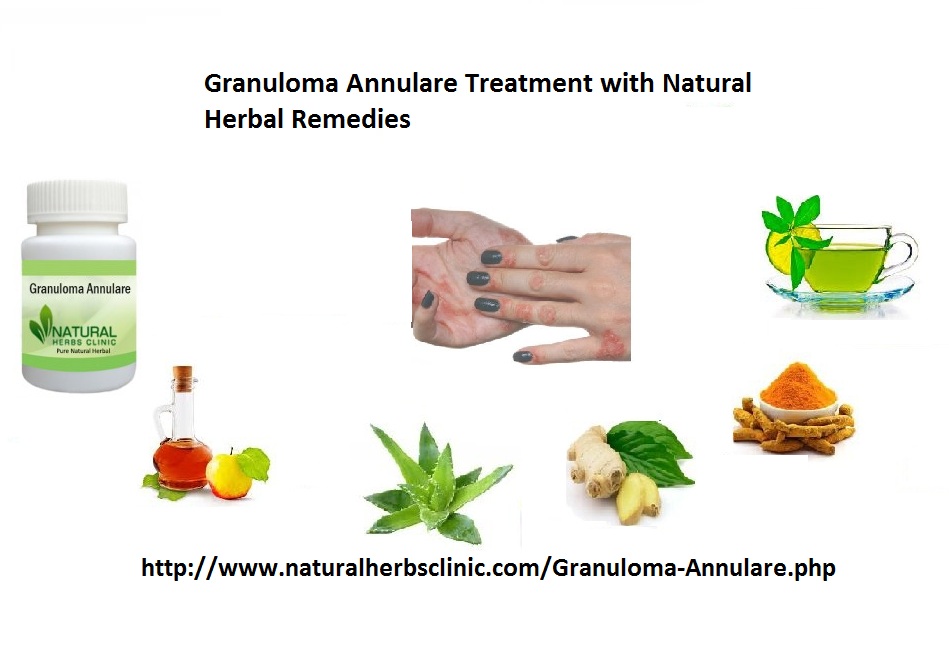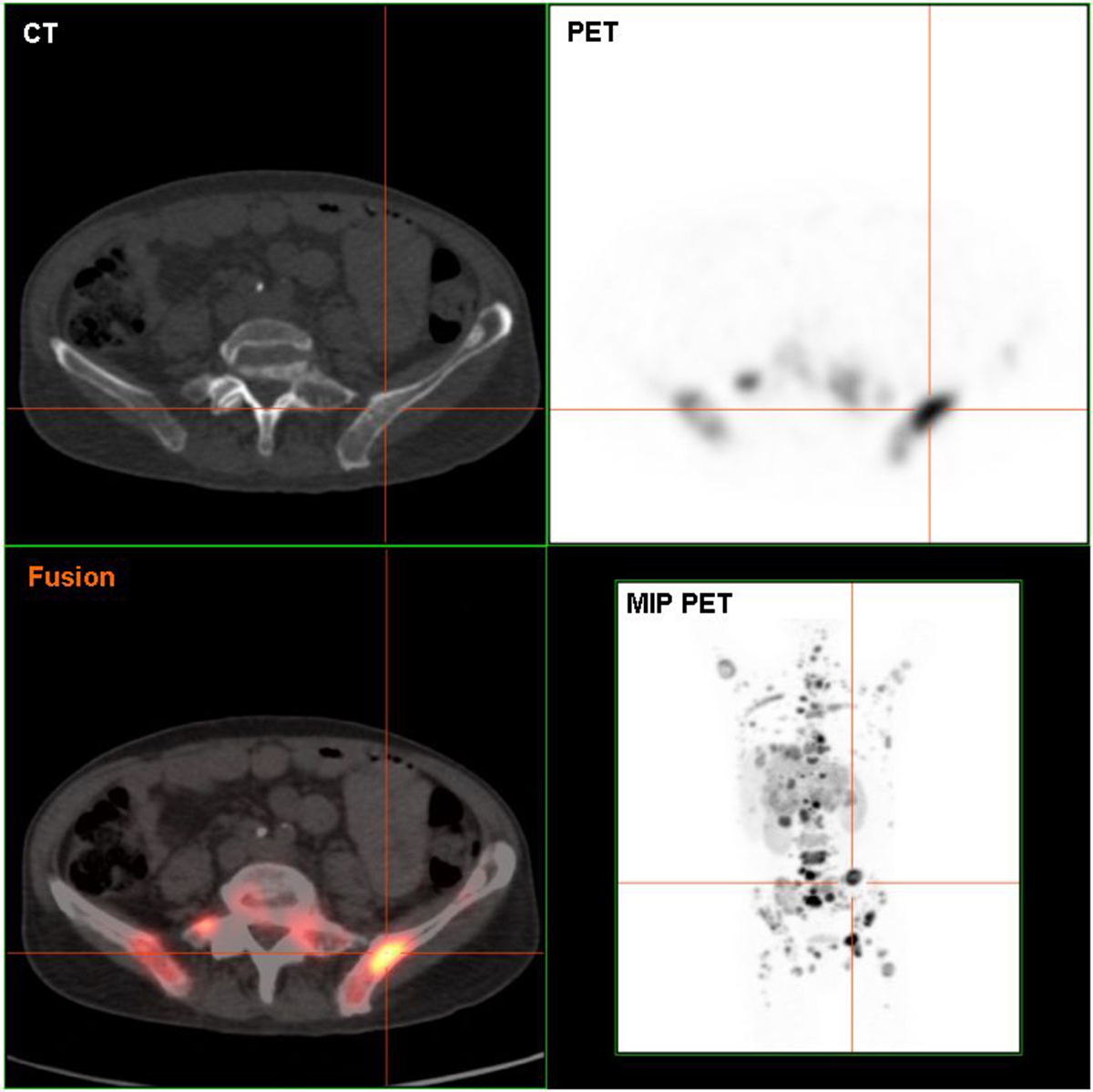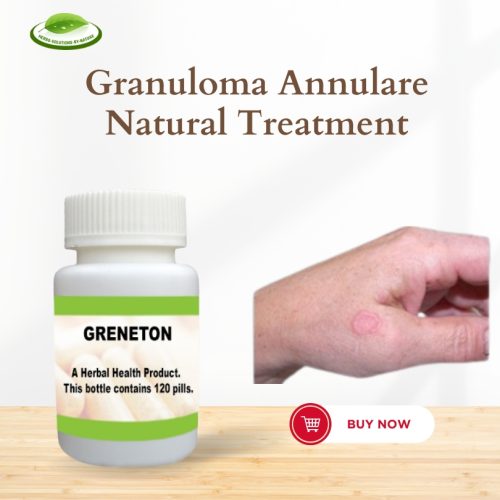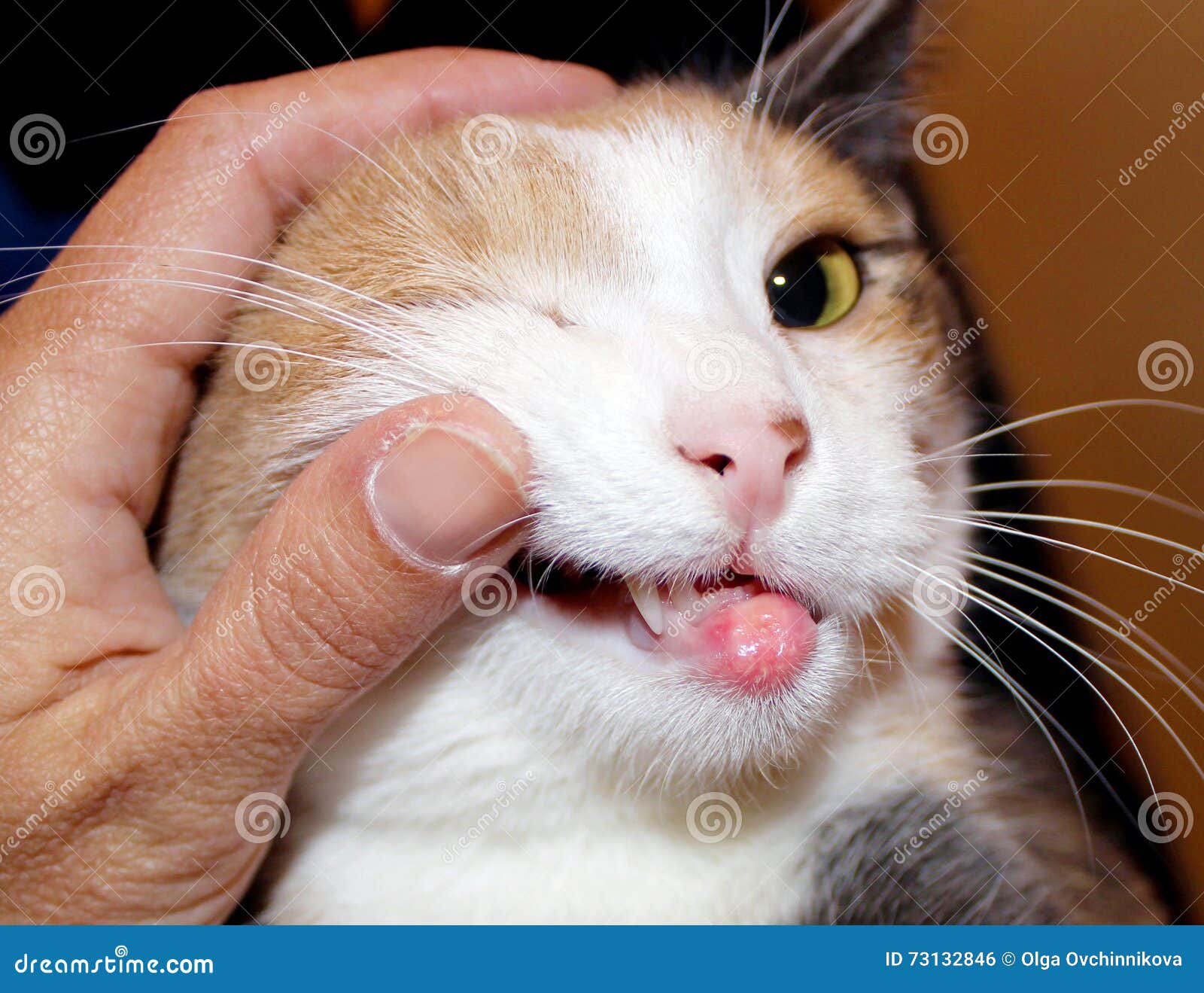Underrated Ideas Of Info About How To Treat Granuloma

Treatment might help clear the skin faster than if left untreated, but the condition often returns.
How to treat granuloma. Many of these however fall into a broad category of harmless. If you have a red bump on your skin that bleeds easily, you may have a pyogenic granuloma. Method 1 applying topical medications to pyogenic granuloma download article 1 obtain a prescription from your doctor.
The appearance of any sore or raised, irritated spot in the mouth can be troubling. If it bothers you, doctors treat it with: Patients frequently seek treatment for pg owing to the friable.
Granuloma annulare usually heals without any treatment. Treatments include medications and therapy. A granuloma is the body's way of:
In some cases, your doctor may suggest. If you have an underlying condition that causes granulomas to form, your provider will treat you. Providers don’t often treat individual granulomas.
These can appear after you’ve had an injury to your face, hands,. Treatment outlook pyogenic granulomas are noncancerous skin growths that can occur after a skin injury or in response to hormone changes. Tips for managing getting an accurate.
The most common type affects young. Your health care provider will work to prevent bacterial and fungal infections before they start. Treatments for granuloma annulare can include:
Eliminate any suspected triggers, such as. How do you treat granulomas? Pyogenic granuloma (pg) is a relatively common cutaneous condition often seen by family physicians.
Contents overview symptoms and causes diagnosis and tests management and treatment prevention outlook /. Is there a cure for pyogenic granuloma? Granuloma annulare can clear on its own over time.
Often medication must be taken in. Isolating irritants or foreign objects. How is a granuloma treated?
Tips for managing advertisement granuloma annulare: Containing a bacterial, viral or fungal infection, to keep it from spreading (also called a caseating granuloma); Because granuloma annulare usually causes no symptoms and clears up by itself, you may not need treatment (except for cosmetic reasons).


















